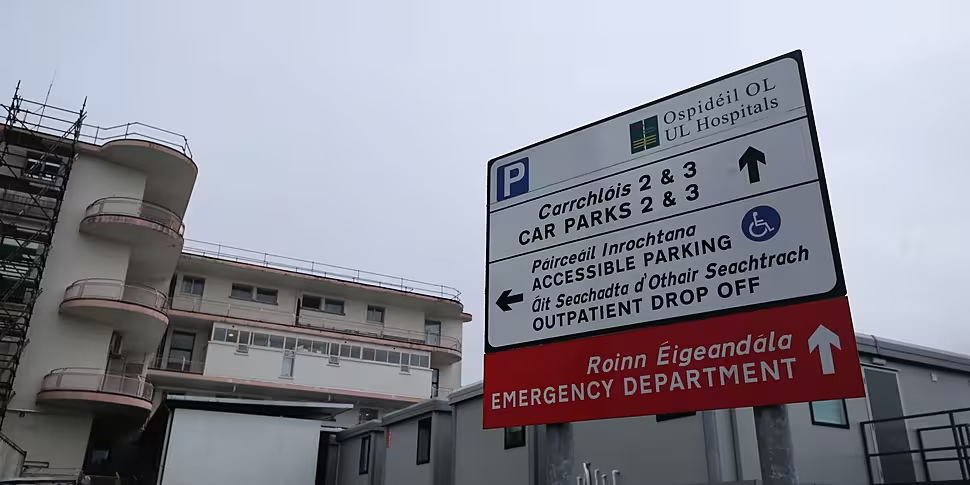Most people would avoid going to Irish hospitals unless their life depended on it, a new poll reveals.
It shows that the public's confidence in the health system is in tatters amid serious overcrowding in emergency departments nationwide.
Record numbers of people have been left waiting on trolleys in Irish hospitals this week.
Health Minister Stephen Donnelly has assured that conditions will improve, while nurses are considering whether they will take industrial action over staffing levels.
The Sunday Independent's Ireland Thinks poll shows that 72% of respondents would only go to A&E if their life depended on it, while a quarter would go if referred by a GP and only 2% would go if they felt unwell.
'Year round event'
Meanwhile, a former HSE chief is warning that the overcrowding crisis is not something new, despite its worsening in recent weeks.
Tony O'Brien, the former Director General of the HSE, told The Anton Savage Show that nurses have been running 'trolley checks' for nearly two decades and there's never been a time when there were enough beds available.
He says the so-called winter-crisis has become an all year around event.
"Government Ministers are very quick to say, 'well, we've put this extra money in here and this extra money in there", he said.
"But has it been invested in a way, and have decisions been made in a way that enable these key problems of waiting lists and emergency departments to be solved?"
"The evidence is obviously no."
Medicines
Pharmacies are also struggling with the added pressure of a "twindemic", with the Irish Pharmacy Union calling on the public to contact chemists in advance if they need medicine.
There is a shortage of cough medicines and cold remedies and an increase in people suffering from COVID-19, RSV and flu.
The union's president Kathy Maher told Newstalk that the Government needs to take action to allow pharmacies to help people more effectively.
"We're calling on the government to introduce something like a serious shortage protocol", she said.
This would allow pharmacists to switch between antibiotics "to allow [them] to ensure patient have prompt treatment, safe effective treatment and good patient outcomes".
Ambulance service
Some paramedics are at 'breaking point' as the the National Ambulance Service (NAS) struggles to keep up with the overcrowding crisis.
An additional 2000 staff members as well as 120 new ambulances would be needed to keep up with demand.
Services Industrial Professional and Technical Union (SIPTU) Sector Organiser Ted Kenny, said: "The increased numbers attending Accident and Emergency Departments across the country has severely impacted turn-around times, with crews having to wait hours on end to hand over their patients."
Some staff are now being asked to work additional hours, which they say they've already been doing and has caused "burnout" in some cases.
The Independent Review of Roles and Responsibilities Report which was jointly commissioned by the NAS, SIPTU and the HSE in 2018 made several recommendations to address recruitment and retention issues within the service.
"To date, the recommendations of the report has not been implemented", Mr Kenny said.
SIPTU is calling on Minister Donnelly to "intervene" and get the recommendations implemented "as a matter of urgency".
Main image shows general views of University Hospital Limerick in December 2020. Picture by: PA Images / Alamy Stock Photo









